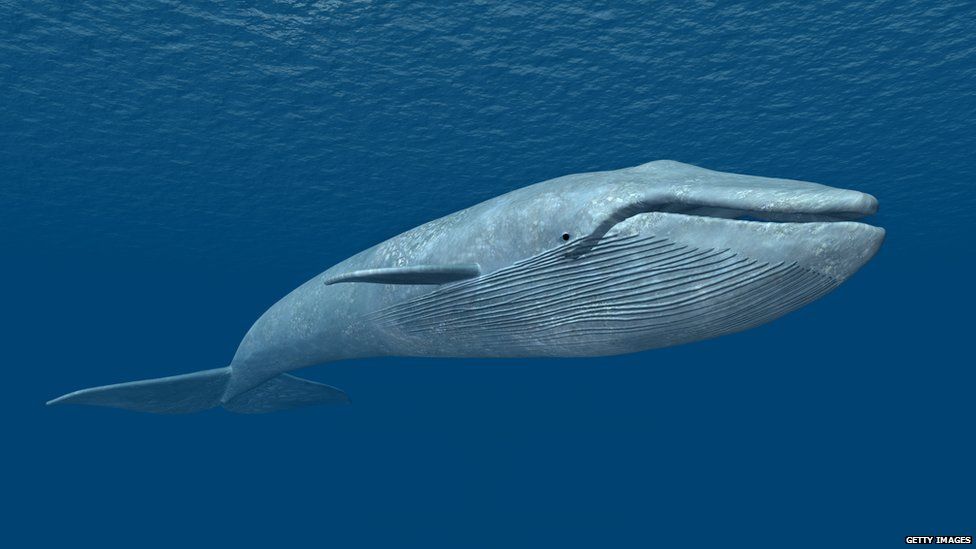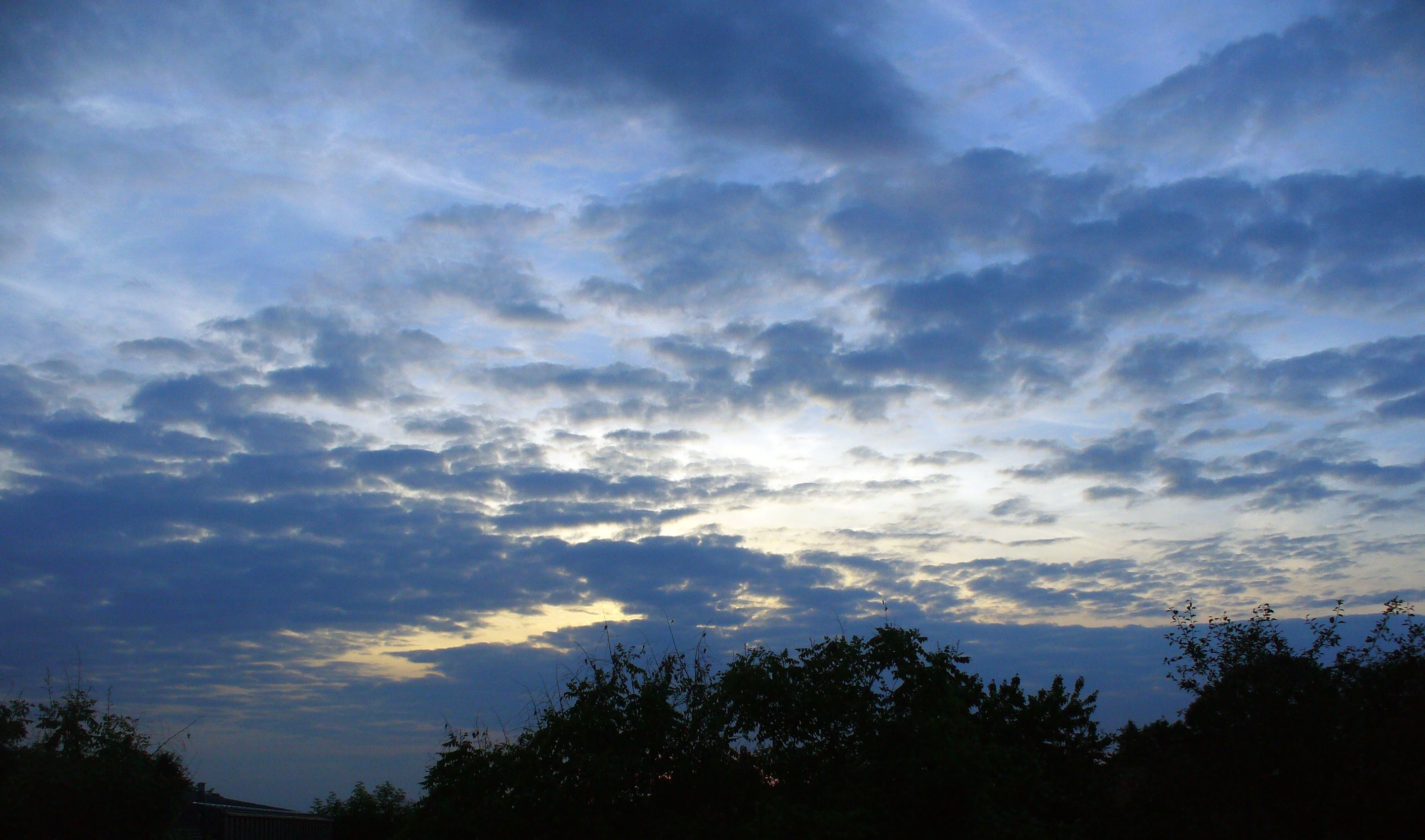Behold, I Shine – Narratives of
Kashmir’s Women and Children by Freny Manecksha (Rupa Publications) could not have been released at
a better time. The time when what has captured the attention of many in India
is the image of schoolgirls in Kashmir valley, in school uniform, pelting
stones. Freny Manecksha’s account gives necessary perspective to what the women
and children of the strife torn state think, what their stories are, where in
the cultural-social fabric do they stand and what has shaped their psyche.
Behold, I Shine is in a firsthand
account of Manecksha’s research in Kashmir and one can sense the arduousness of
the task. Getting people to talk, to share their personal experience, and to
capture the essence of their being in a conflict zone is not an easy task. And
to do that with women is doubly difficult. Hence all the stories that the author
has captured are worthy. They are backed by evidence and thus lend enough
credibility, even though everything in a conflict zone is questionable.
Beyond the militancy and beyond
the militarization there are lives of real people. The lives of half the population,
of women, have been affected in myriad ways. In the grip of militancy in the
1990’s, the women who lost their husbands, who do not know the whereabouts of
their husband (half-widows), who have lost their sons make for majority of the
narratives in the book.
The strongest narrative that has
been brought about is of the situation where women, culturally and socially
restricted, were made to breach those restrictions in search of lost fathers,
husbands and sons. And then to earn the livelihood that got lost either to
militancy or draconian PSA or AFSPA. This double whammy situation for womenfolk
made heroes of many of them, like Parveena Ahangar of Association of Parents of
Disappeared Persons (APDP), many of whom champion the cause of azaadi.
The resistance, which a group of
women show by merging boundaries between the private and the public, has been
depicted well in the chapter ‘Maine
Nazira, aa kha?’ The author writes that “Kashmiri mothers using their
bodies as a theatrical site at monthly sit-ins” might not conform to Western
constructs of feminism but in the valley it assumes a ‘radical statement’. The
worst memories of 90’s have been kept alive and passed on to the younger
generation Ms Manecksha suggests. The narratives of the current crop have been
given less space in the book perhaps because of the calm, albeit uneasy, that
had prevailed in Kashmir over the last 2 decades.
The Amarnath land row or the
Shopian rape and murder cracked open the fault lines in a different way that
the younger generation of females took to protests. The abnormality of an
Occupation, whether it is getting confined to closed spaces, being abused by
armed forces or dress code imposition by radical Islamic groups, it has taken a
toll on the young. Probably the downward spiral in ‘haalat’ goes hand in hand with increased participation of women in
struggle.
The author should be commended
for commenting on the spiritual aspect and the mental trauma that women and
children suffer. The narration is personal, tugs at the heart more often than
not, and one can sense the attachment that the author has had with
acquaintances. Also notable are tiny details about Kashmir which is largely
oblivious to the average Indian.
Yes, there are a few questions
that are left unanswered. The first that might crop up in the readers mind is
why have the narratives of Kashmiri Pandit women and children, who were ousted
from their homeland not considered. Or for that matter why has women who have
been found complicit in aiding terrorism not spoken about. Perhaps, the scope
of the book does not go that wide. But it does justice to the matter of its
choosing. There are after all more questions than answers on the subject of
Kashmir. But an empathetic reader, sans ideological and political blinkers, will
benefit in making herself aware of the narratives, difficult and tortuous ones,
of the often neglected section in the Kashmir debate, that of its women and
children.
PS: As we read this, CASO (Cordon and Search Operations) which have had its share of notoriety and have been mentioned in the book umpteen number of times are back in Kashmir as the government has decided to toughen military stand in the troubled South Kashmir.




